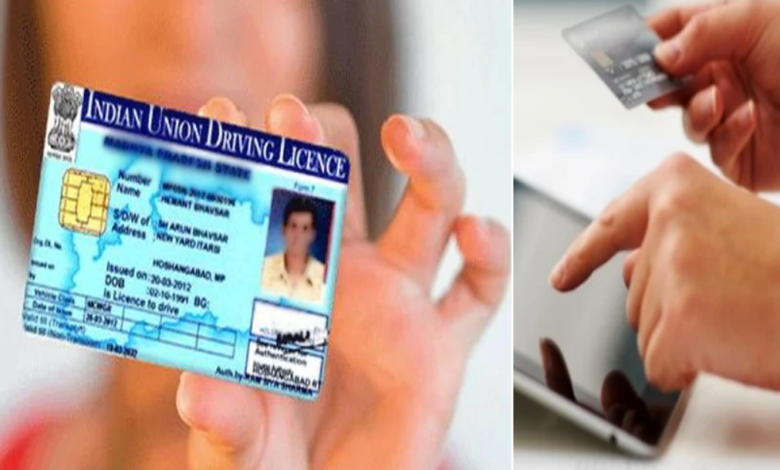Owners Of Vehicles Cannot Be Expected To Visit Rtos Nationwide To Double-Check The Validity Of Their Driver’s License

The Jammu and Kashmir and Ladakh High Court has ruled that an insurance company may argue that the driver of the offending vehicle lacked the proper license as a defense in a claim petition under the Motor Vehicle Act, but it must provide evidence to support this allegation.
The appeal of an award made by the Motor Accident Claims Tribunal, Anantnag, in a claim petition was being heard by the bench. The Licensing Clerk testified before the Court that the driver’s license was not legitimate, and an official witness backed the respondent’s claim that the driver of the offending vehicle did not have a legitimate and effective driver’s license at the time of the accident. The Court, as a result, directed the respondent Insurance Company to pay compensation with the right of recovery from the holder of the offending vehicle.
According to the appeal filed by the owner of the at-fault vehicle, the insurance company had the burden of proving a deliberate breach of the terms and conditions of the insurance policy rather than just a simple breach. The appellant further argued that the Insurance Company had not established the fact of the owner/willful appellant’s misconduct and negligence regarding the validity of the driver’s license held by respondent no. 6 and the offending vehicle and that the appellant had never been given the chance to cross-examine the witnesses presented by the claimants/respondents.
What obligations and responsibilities do vehicle owners have when hiring and/or appointing drivers? This was a moot subject that needed to be decided.
Regarding the issue at hand, the bench noted that the insured cannot be held responsible for any violations if he has done everything within his power, including hiring a licensed driver and giving that person control of the vehicle with the express or implied requirement that the insured drive himself. The bench emphasized that the insurer cannot successfully argue that it is exonerated having respect to the fact that the promisor/insured committed a breach of his commitment and escape its obligation to reimburse the insured unless the insured is at fault and guilty of a breach.
The appellant argues that even if the respondent-Insurance Company’s argument regarding the validity and effectiveness of the driver of the offending vehicle’s driving license is taken into consideration, the respondent-Insurance Company has not established or proven that the owner/appellant was aware that the driver of the offending vehicle did not possess a valid driving license and still allowed him to operate the vehicle. The bench noted that it is undoubtedly true that the owner/appellant was aware that the driver of the offending vehicle was not in possession. However, even after showing that the license was a fraudulent one, the bench indicated that it must be investigated if the owner of the car checked the license before employing a driver and satisfied himself as to the competency of the driver.
Applying the legal theory to the current situation, the bench noted that the owner of the offending car had checked his driving record and was pleased as a result when the case was examined. In such cases, holding the owner accountable for compensation or granting the insurance company the opportunity to claim compensation goes against the established legal precedent, and the challenged Award is therefore likely to be set aside.
By granting the appeal, the court overturned the tribunal’s ruling insofar as it grants the respondent, United India Insurance Company Limited, the right of recovery.
News Mania Desk






